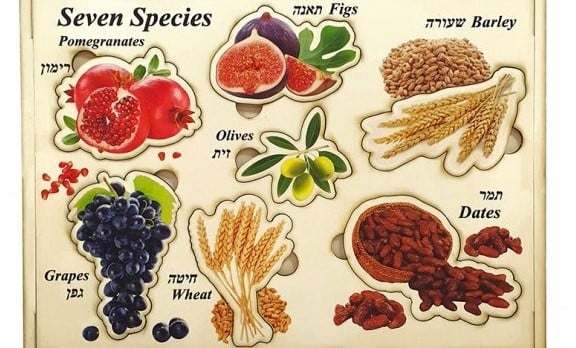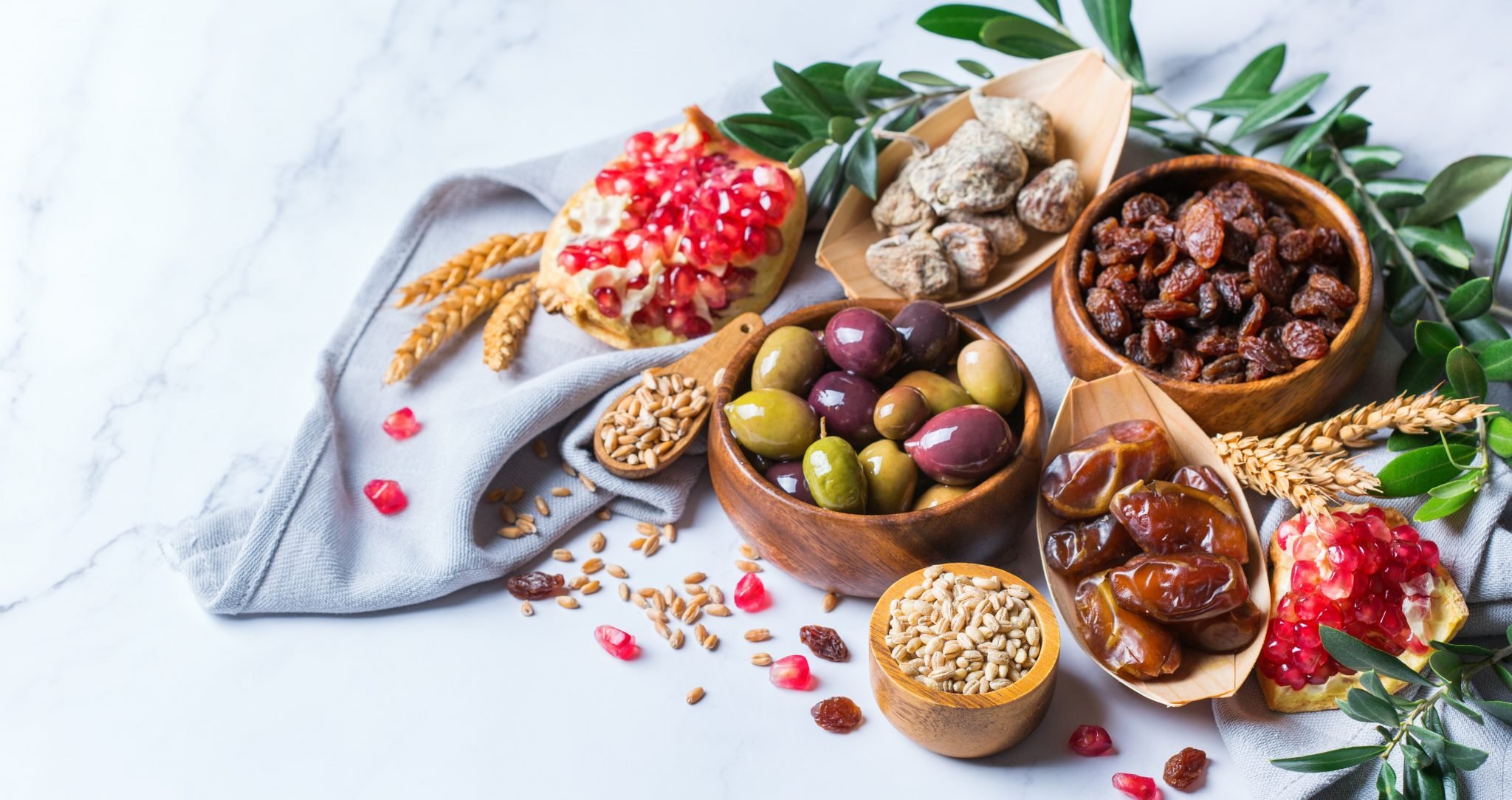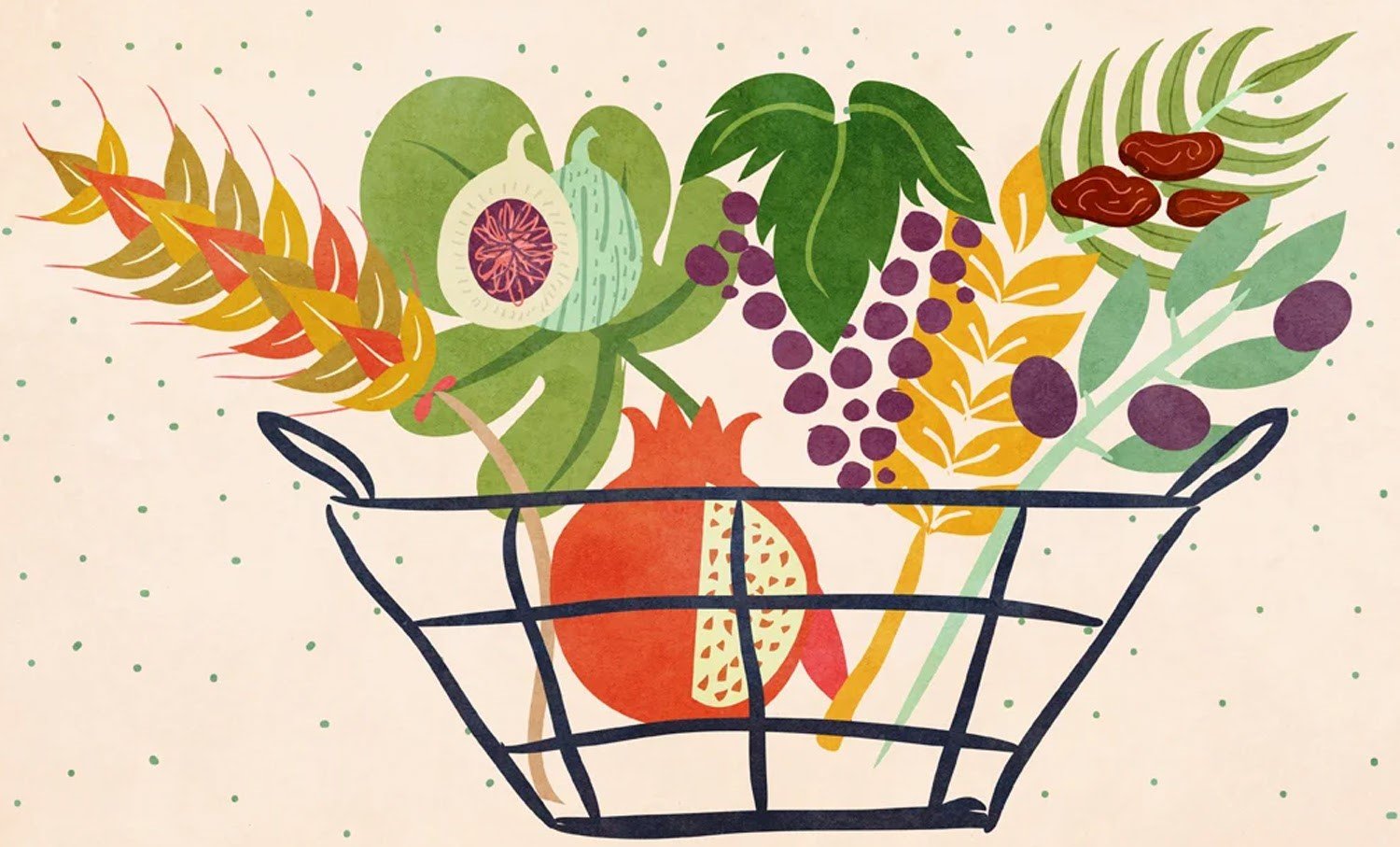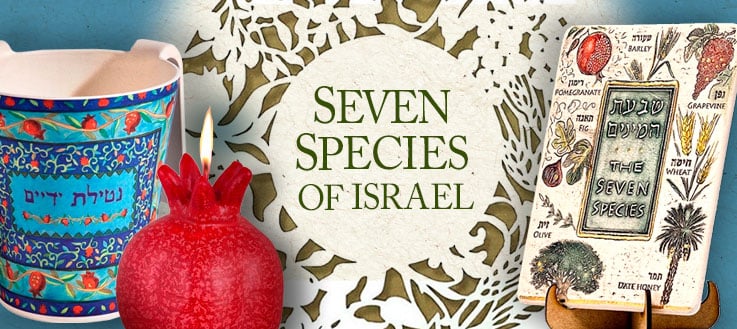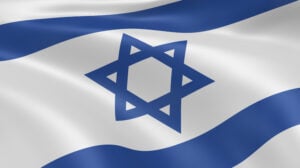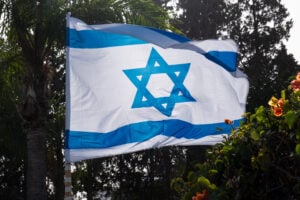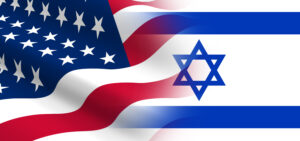Wheat: Kindness
Wheat is a basic component of anyone’s diet as it gives one strength and energy, allowing one to go throughout their day. The same goes towards kindness, it gives one mental strength and allows the positive energy to flow, not only throughout your day, but through the people you give kindness to. Kindness and wheat alike both allow a person to keep going with their lives, physically as well as spiritually.
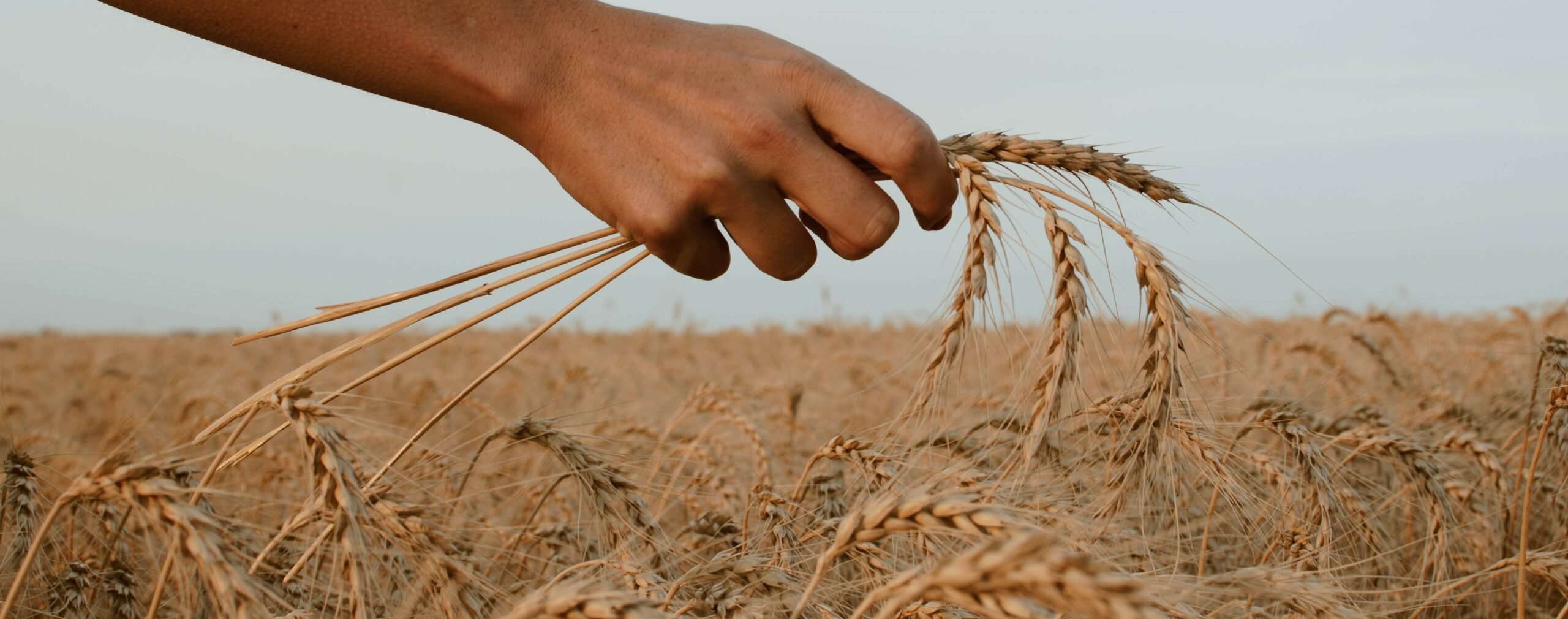
Barley: Strength
Barley is also commonly found in our everyday diet, but something you might not know about barley is how resilient it is. Barley seeds are enclosed in a strong hull, one that doesn’t even break during the threshing process and just like barley has a strong exterior, so should we. We should keep our soul, our “seed”, safe from exterior forces and stand strong when people come to knock us down. Barley is also known to absorb water unlike any other grain; some compare Torah to water, and so we should constantly continue to absorb Torah just like barley absorbs water.
Grapes: Beauty
Grapes make wine, which is incredibly important in Judaism as it is used for Kiddush, Havdalah, and to celebrate all kinds of special occasions in Judaism including holidays and weddings. We use wine to elevate our happiness and we should always acknowledge the beauty behind happiness and that which makes us happy.
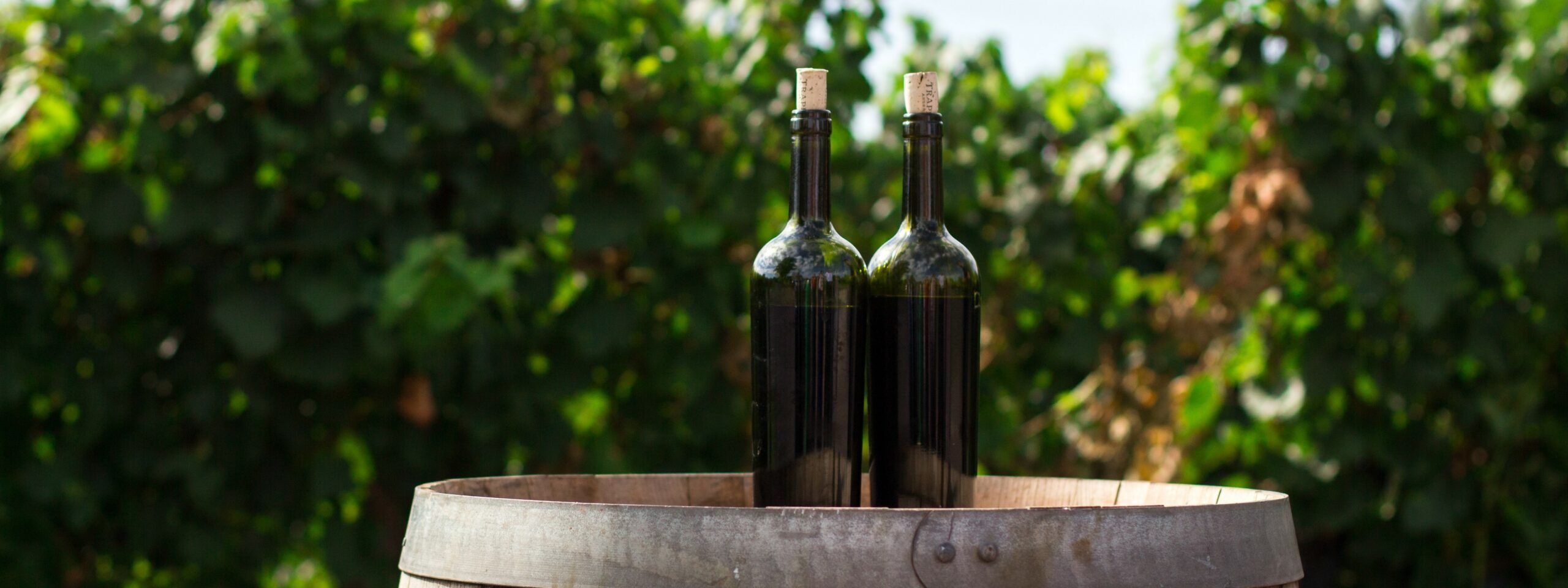
Figs: Perseverance
Figs have one of the longest ripening periods and once one is ripe, a farmer must keep a lookout on the rest of the tree since all the figs begins to ripen almost all together and need to be picked immediately. Figs are great fresh or dried, making them one of the few fruits you can eat all year round because of how long they last. This can be compared to the longevity and perseverance in a person’s growing knowledge, and how the desire to learn never really stops.
Pomegranates: Splendor
When we pick a pomegranate up, we notice its crown at the top of the fruit and its precious gem-like seeds inside. A pomegranate is a fruit of splendor but also of humility. Its simple shell hides its beautiful seeds, relating to people that we should come with a humble shell and let someone into our precious personality and soul. Never judge a book by its cover!
Pomegranates are also often used in Jewish tradition to represent beauty, love, abundance, and the Jewish commandments.
Celebrate the pomegranate’s splendor with beautiful pomegranate-themed gifts from Israel!
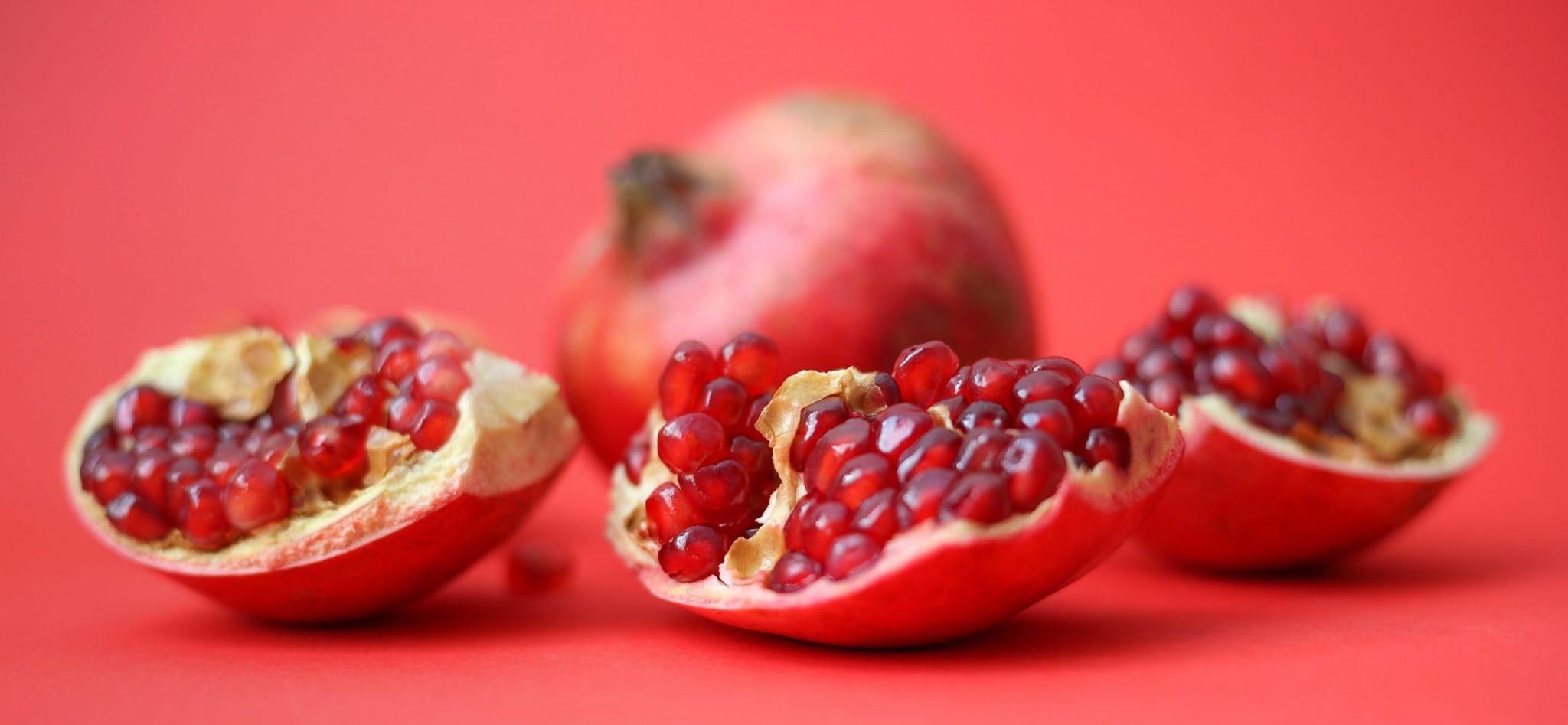
Olives: Foundation
When saying olives, the Seven Species is actually referring to olive oil. Olive oil is at the basis of our cooking and olive trees are essentially the foundation of Israel. Throughout the country you can find olive trees growing, some of which are over 100 years old. Olives also represent peace and marked the end of the flood as told in the story of Noah. One lesson we can learn from olives is that we should take the bitter parts of life and turn them into something incredible, just as the bitter olive becomes a part of tasty dishes.
Shop delicious, pure olive oil from the Land of Israel!
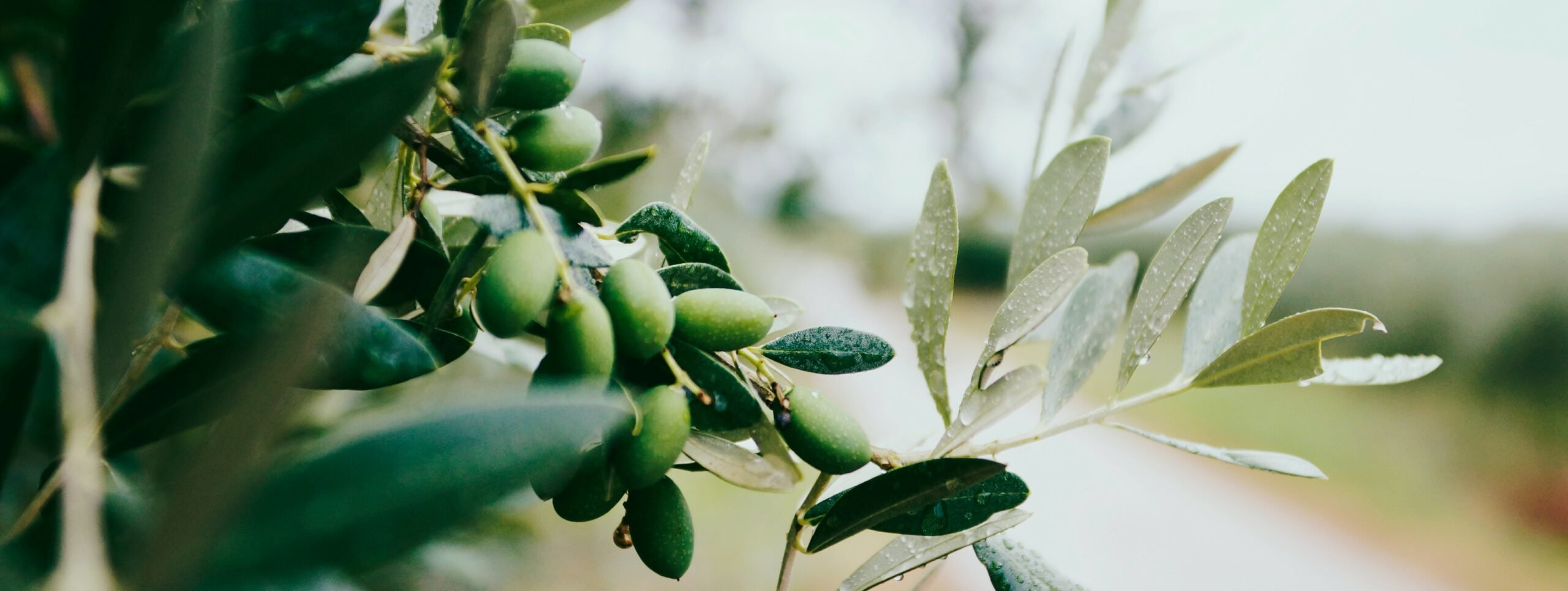
Dates: Royalty
When we hear about how Israel is the "Land of Milk and Honey," many think that honey refers to bee honey when actually it refers to silan, date honey, which has been made in Israel for thousands of years. Dates are considered royalty because of their position of the Kabbalistic Tree of Life - they are the connecting piece between all the attributes. And in addition to growing delicious dates, palm trees are also significant in that their leaves are used during Sukkot as one of the Four Species.
Taste some all-natural, Israeli-made date honey for yourself!
